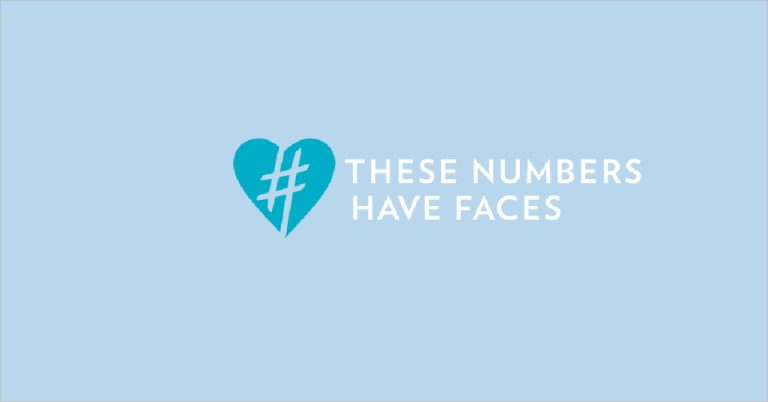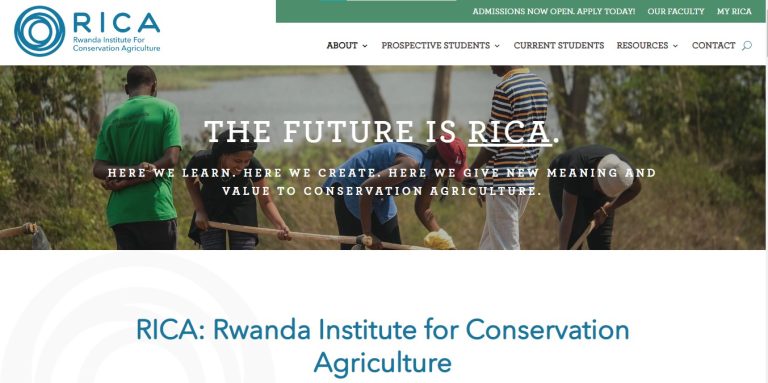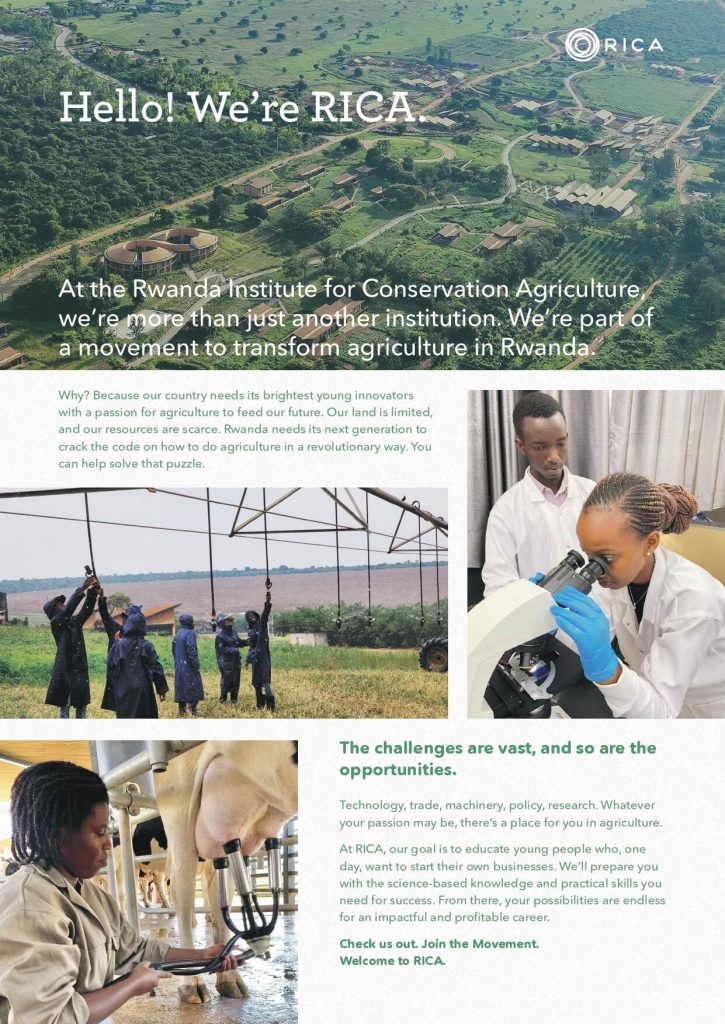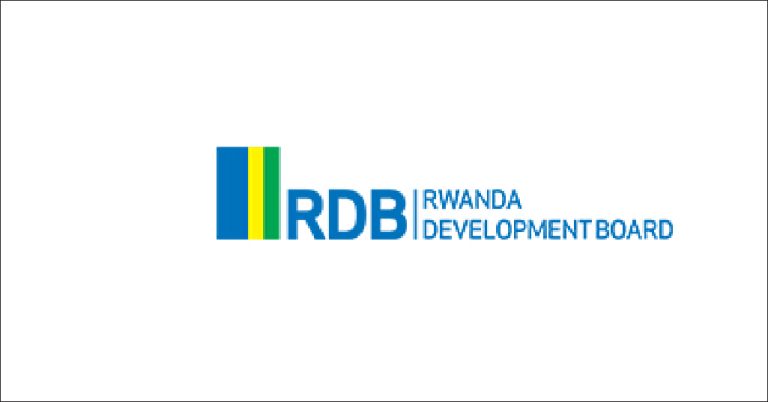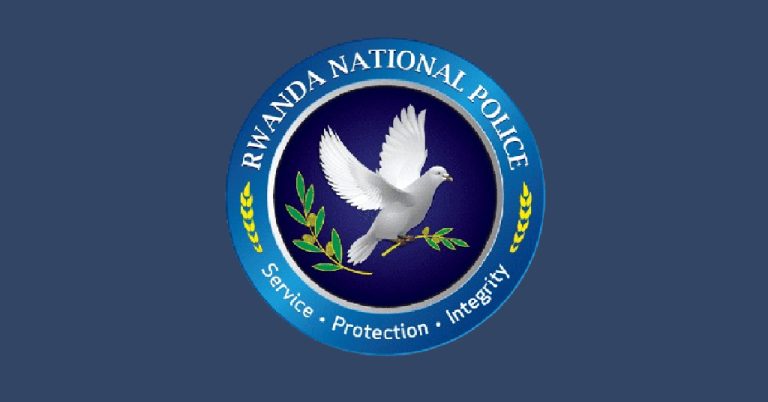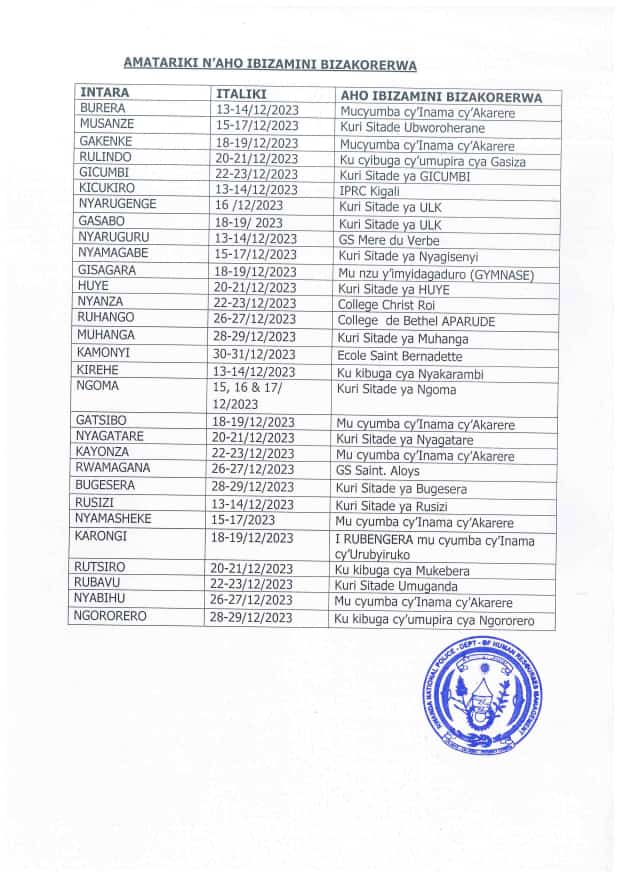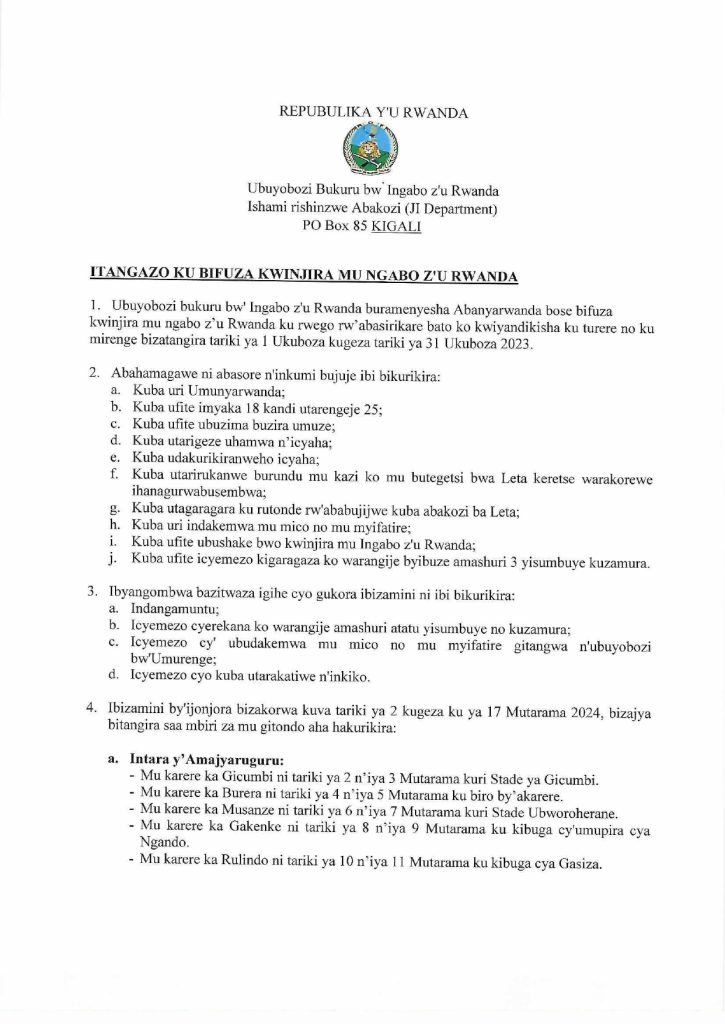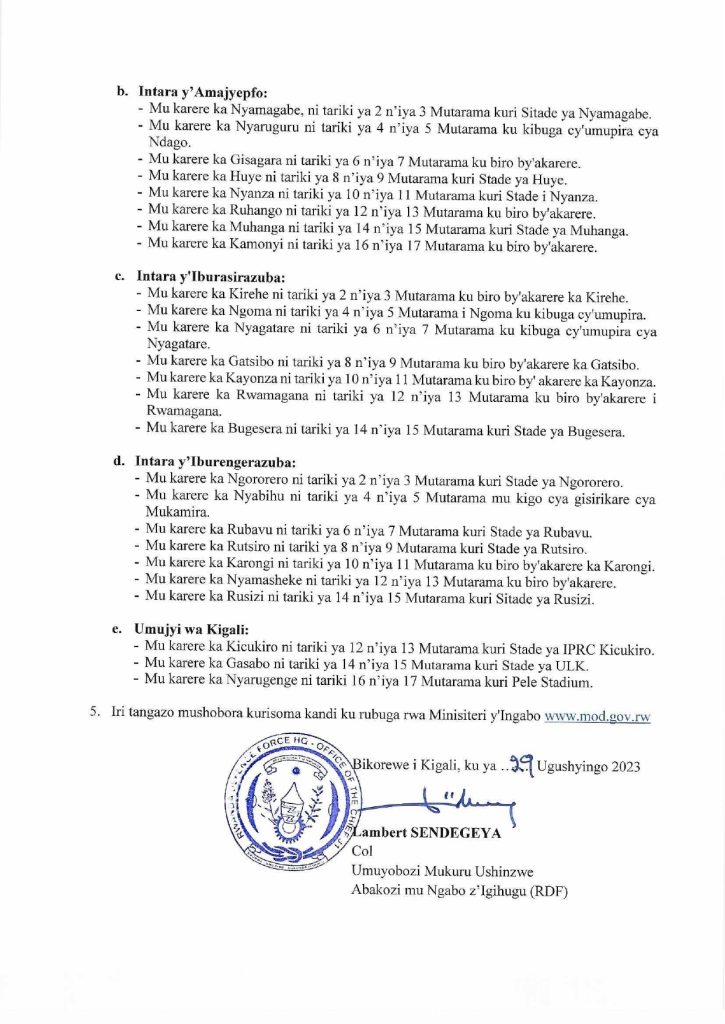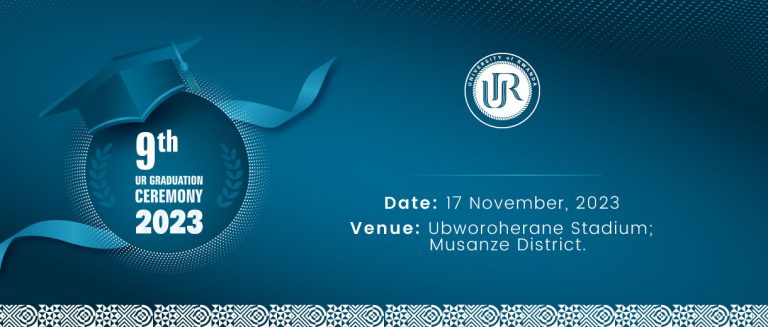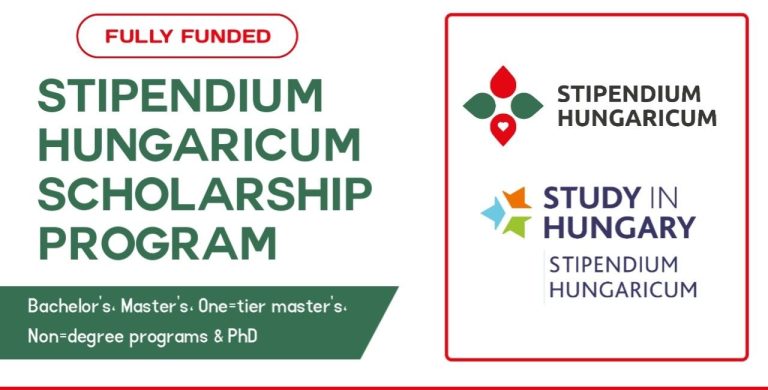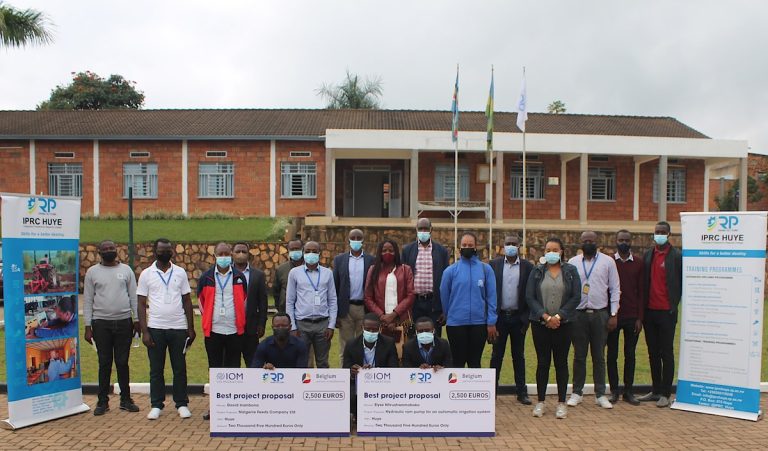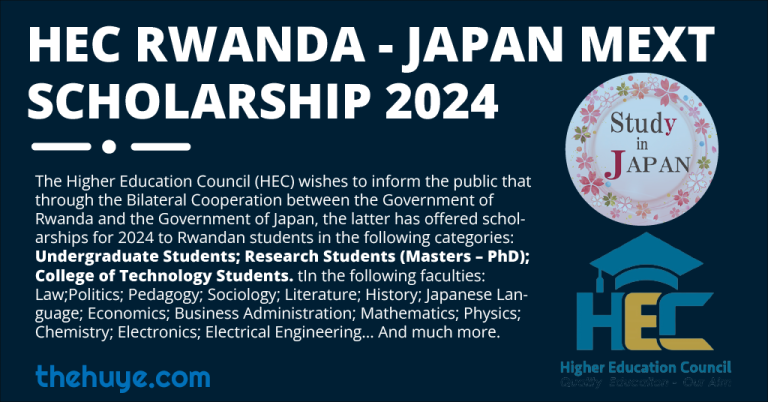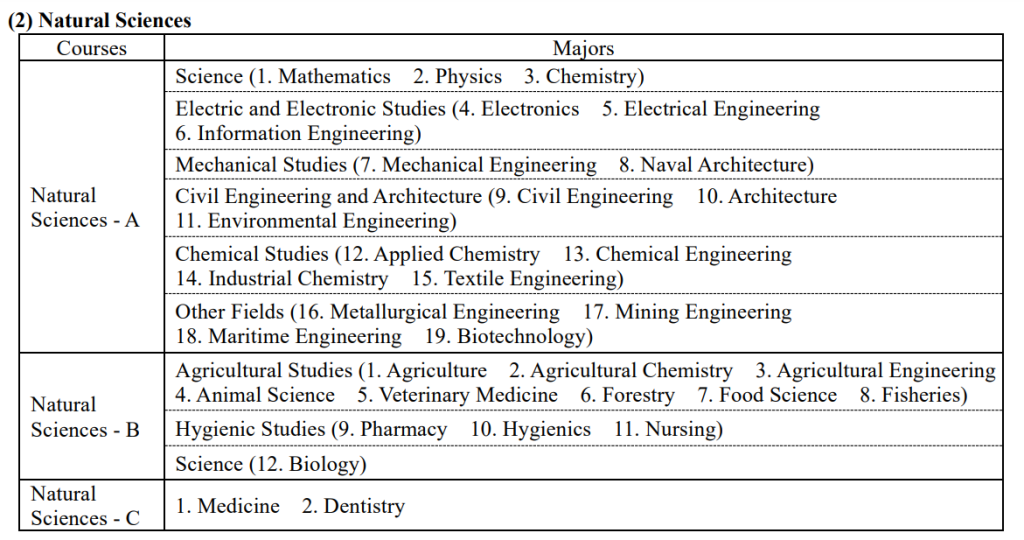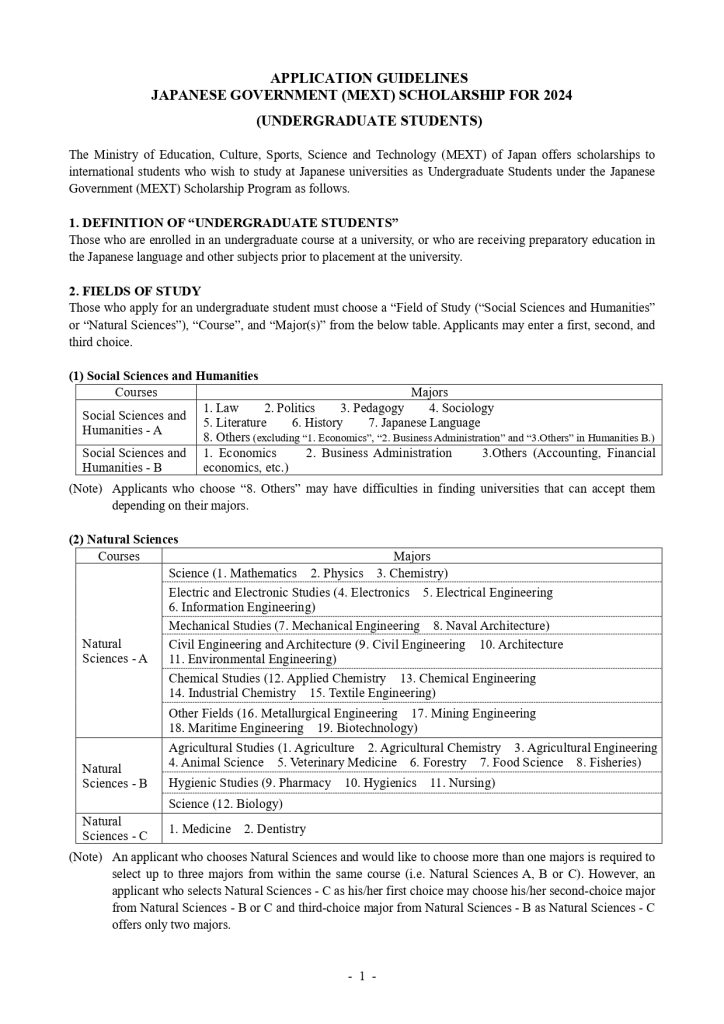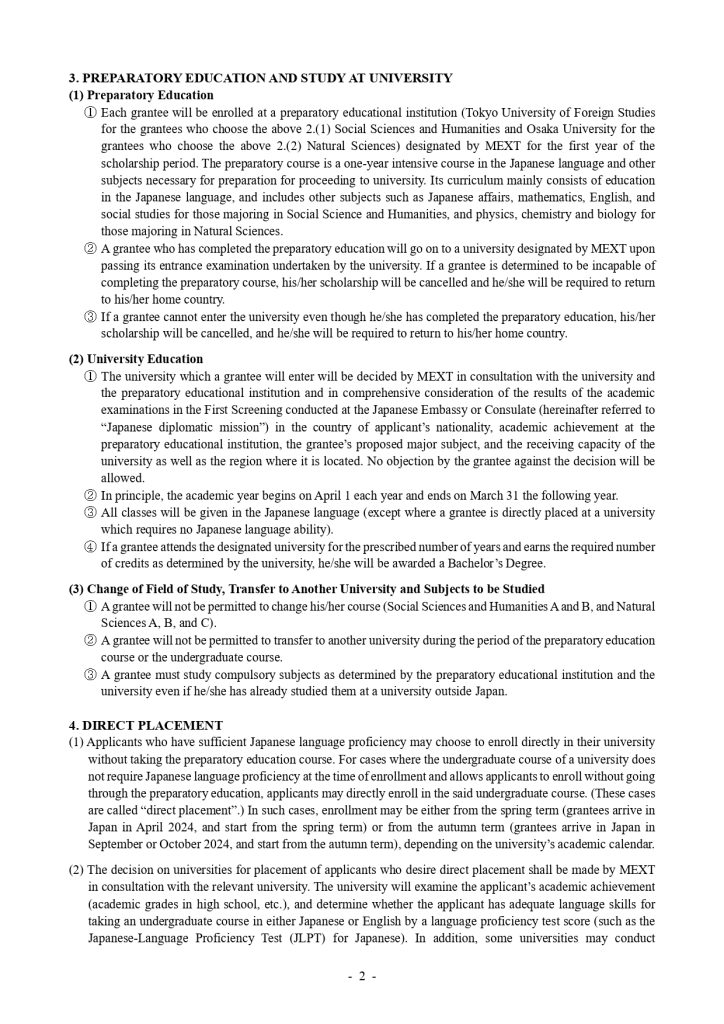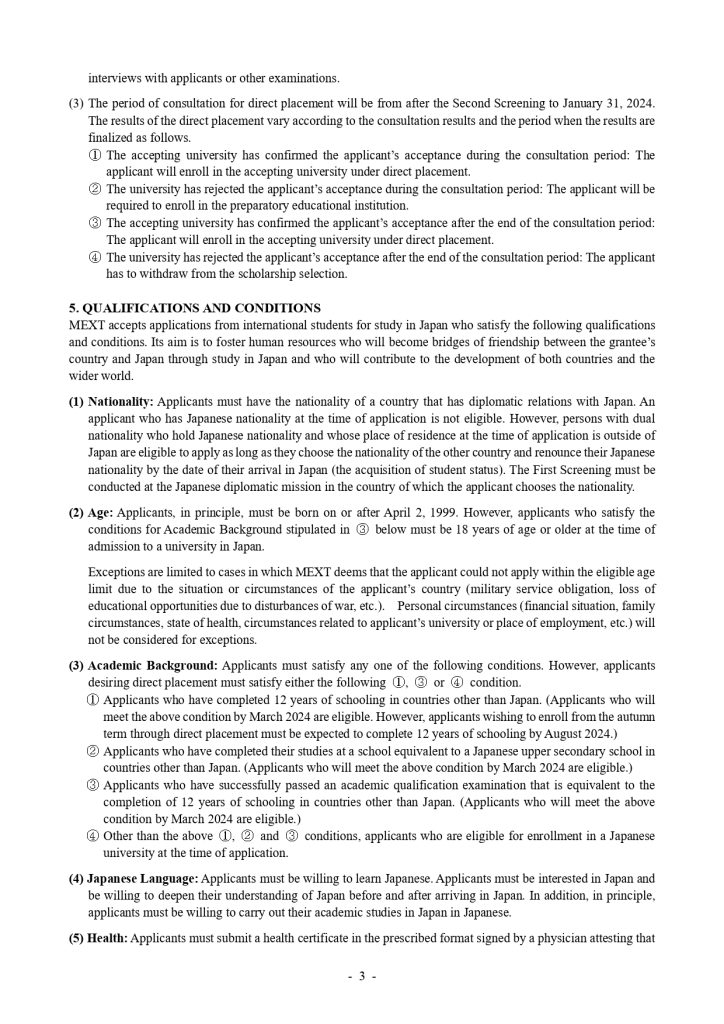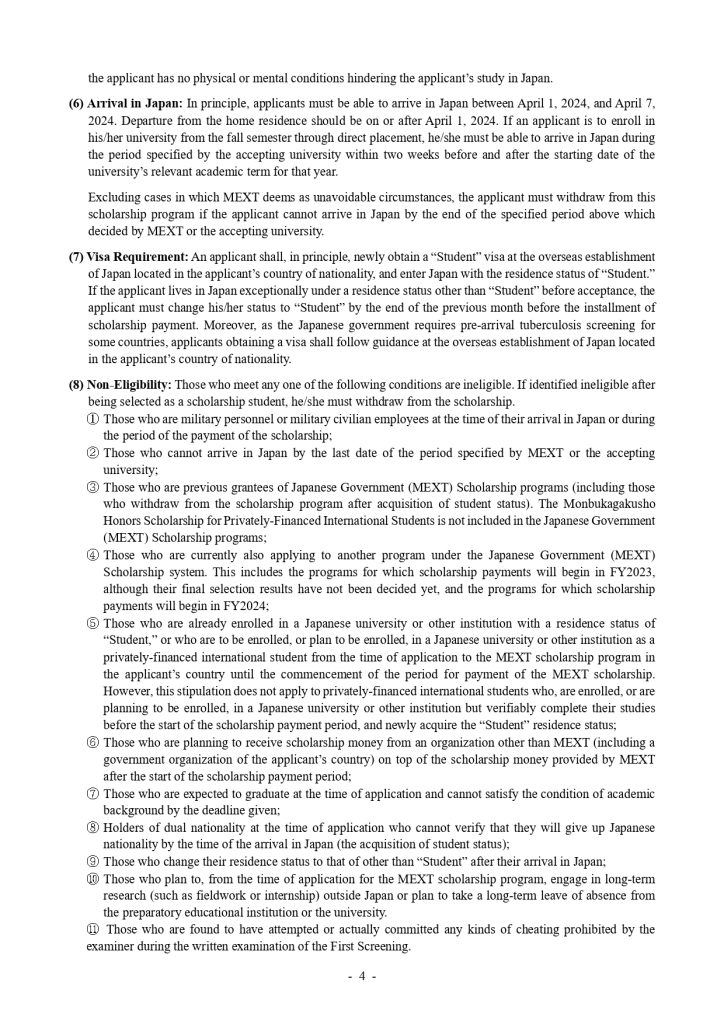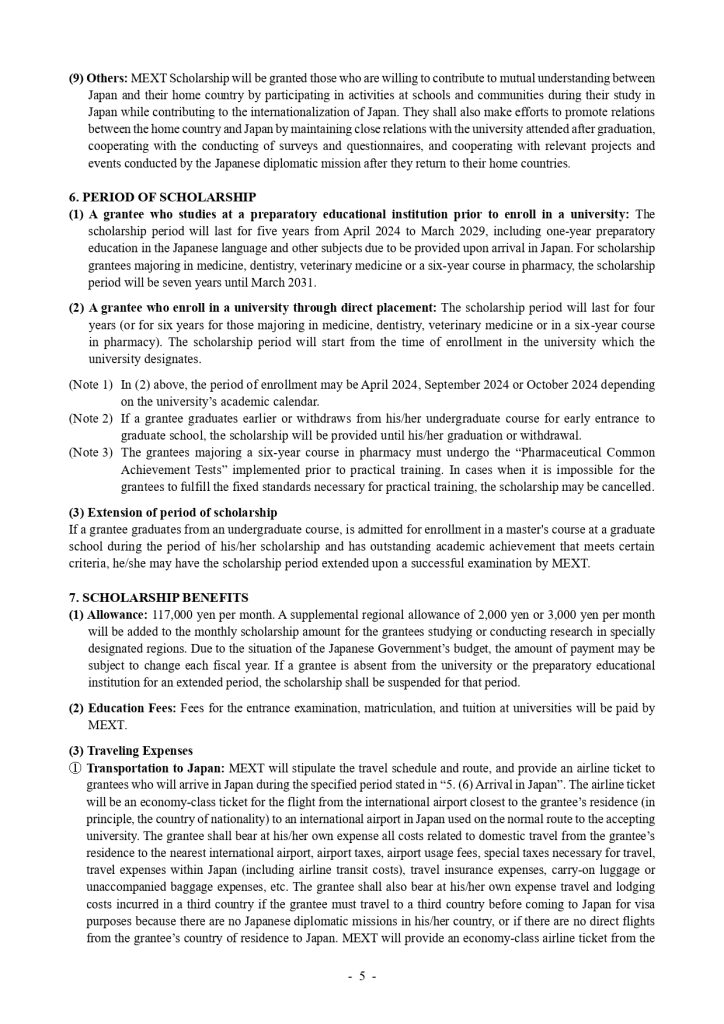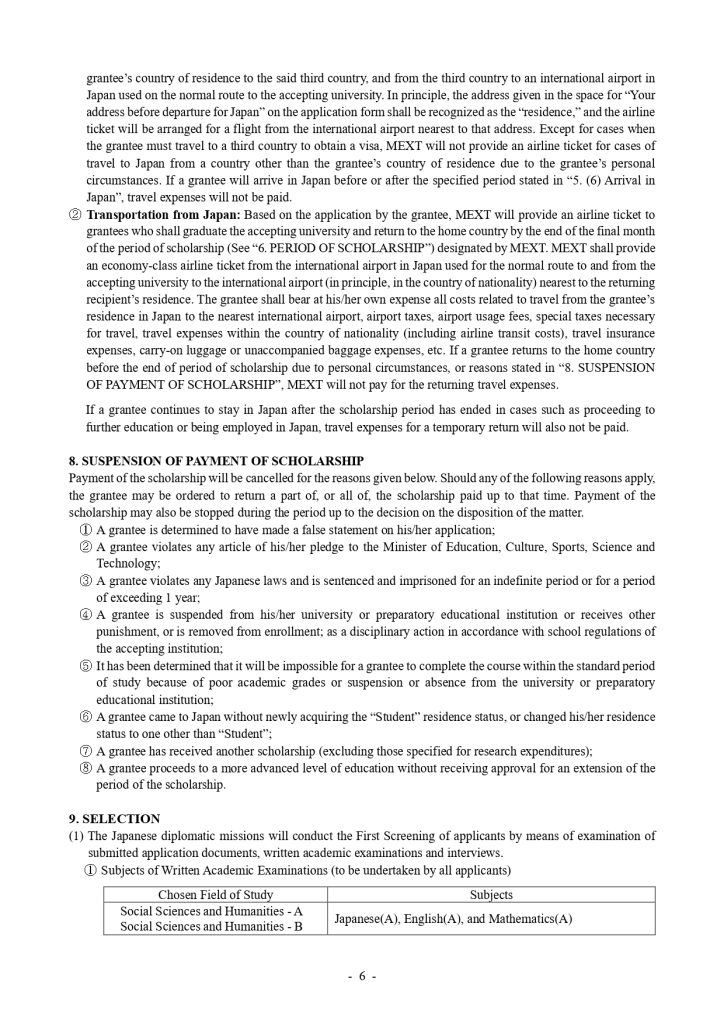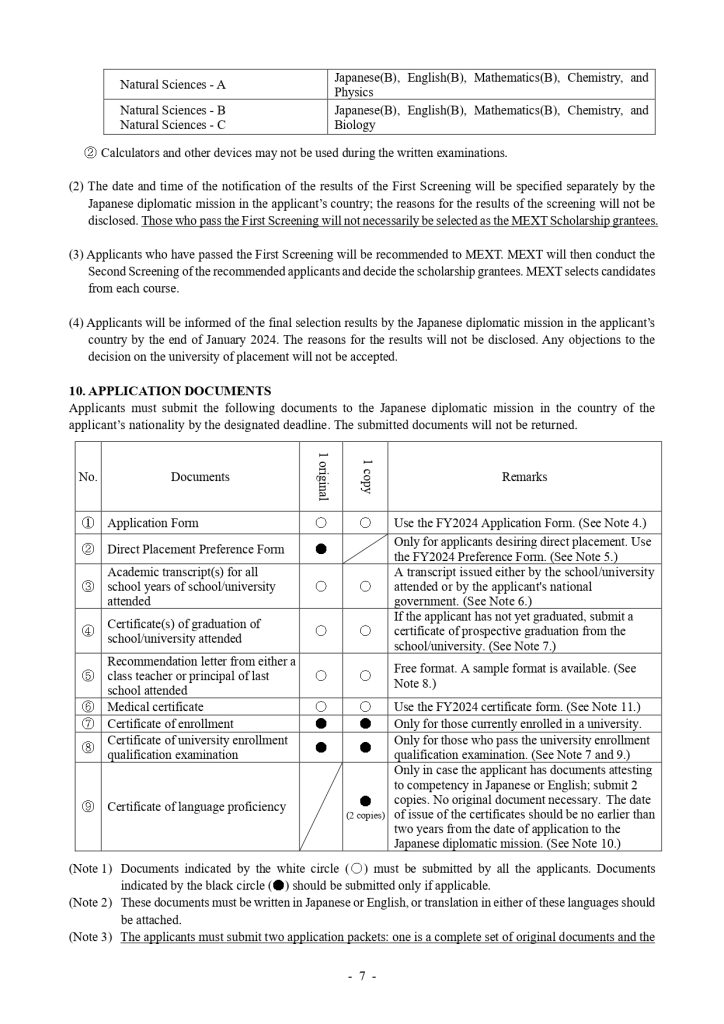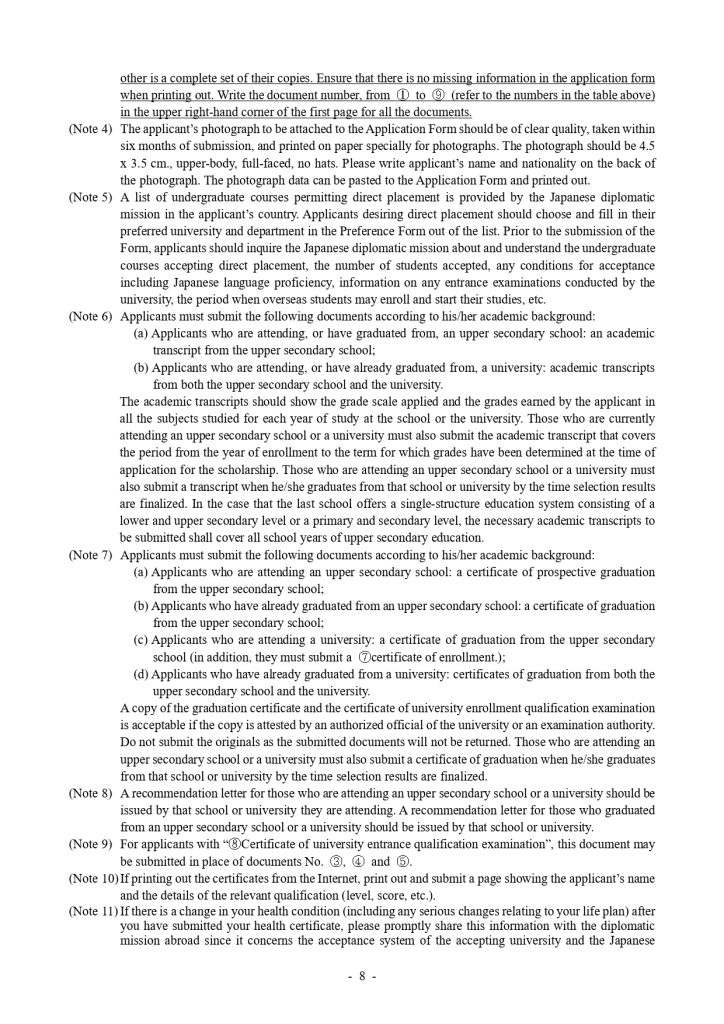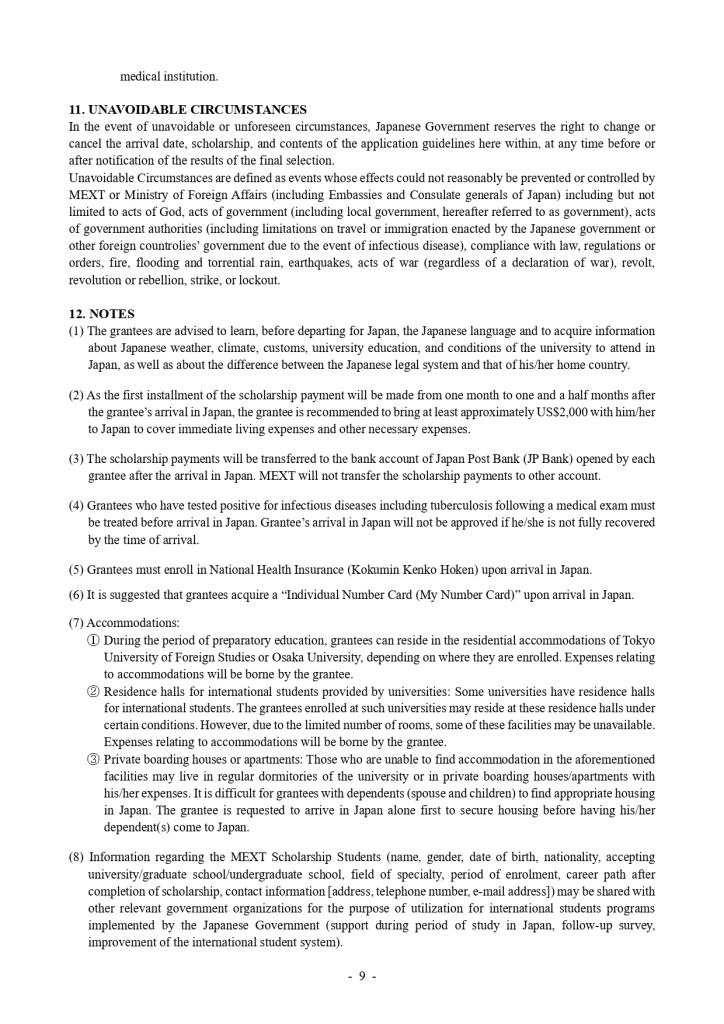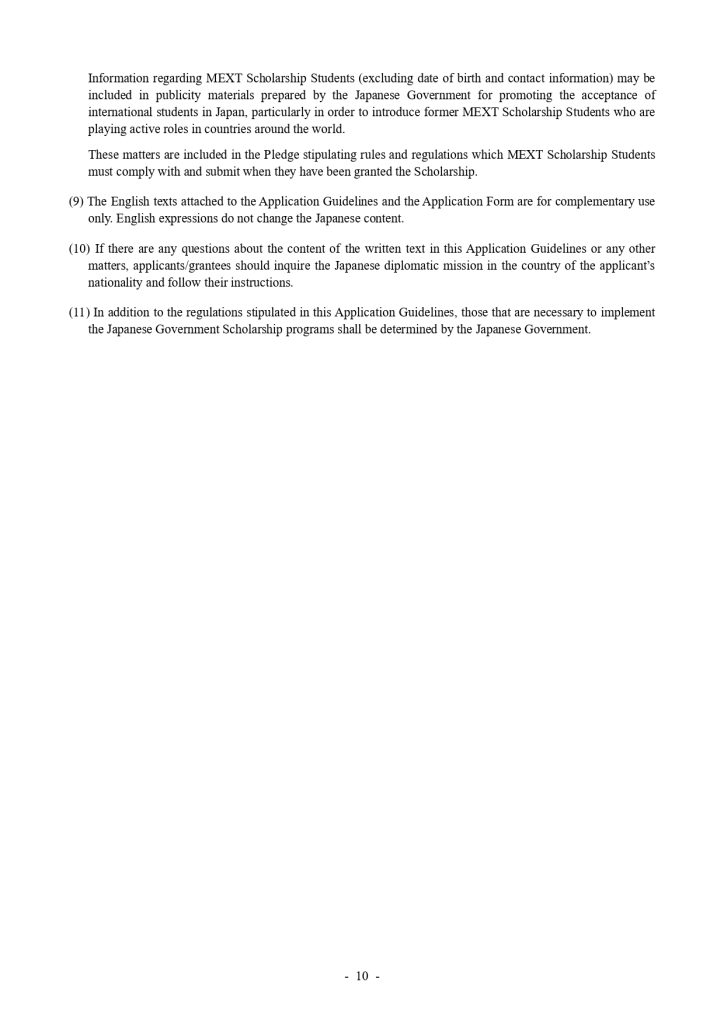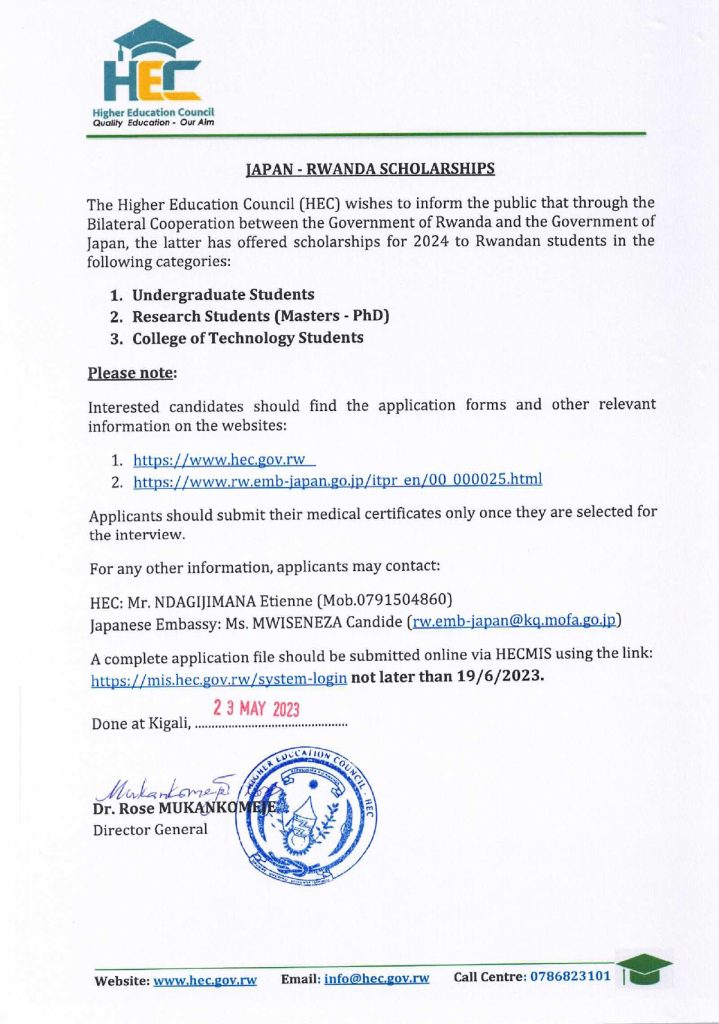Table of Contents
1. Introduction
These Numbers Have Faces offers scholarships to Rwandan students seeking higher education. This scholarship aims to empower students from disadvantaged backgrounds to become future leaders and changemakers in their communities.
“Education reduces poverty, yet only 5% of Sub-Saharan Africans attend university. We provide access to a university education in Rwanda for talented scholars from challenging backgrounds. We also know many of the critical issues in Africa today are leadership issues. These Numbers Have Faces provides our scholars with tools to develop their leadership skills. Our scholars go on to become the next generation of leaders in East Africa, fully committed to being transformational change-makers in their communities and countries.” – TheseNumbers.org
Scholarship Summary
- Eligible Countries: Rwandans
- Eligible Universities: All Rwandan Universities
- Category: Study In Rwanda
- Deadline: 22 December 2023
- Application: Is Done Online
- Link To Apply: Click-Here
2. About the Scholarship:
The These Numbers Have Faces scholarship program was founded by TheGiven and has been running since 21017. The scholarship seeks to address the challenges faced by promising Rwandan students who lack the financial resources to pursue higher education. By providing financial support and mentorship, the program strives to equip these students with the skills and knowledge needed to succeed academically and professionally.
3. Eligibility Criteria:
To be eligible for the These Numbers Have Faces scholarship, you must:
- Be a Rwandan citizen.
- Be between the ages of 18 and 25.
- Demonstrate academic excellence with a strong GPA.
- Come from a financially disadvantaged background.
- Have a clear vision for your future and a strong commitment to social change.
- Be enrolled or accepted into a full-time undergraduate program at a recognized university in Rwanda.
- Demonstrate academic excellence. We look for individuals with National Leaving Exam scores of at least 70% or high marks for students currently in university.
- Exhibit leadership capacity. Applicants should clearly explain how they have practiced leadership, and how they want to grow in this area.
- Are 25 years of age or below.
- Have strong skills in English. All Rwandan university classes and These Numbers Have Faces trainings take place in English so we look for scholars who will excel in this form of communication.
- Can attend our trainings. Our program centers around relationship development, leadership skills, and family. Because of this, our monthly leadership trainings held on the third Saturday of every month are 100% mandatory.
- Love to give back to their community. Our students are required to complete a 50 hour Community Impact Project every year.
- Demonstrate humility. We look for humble students with a desire to learn, serve, and have the heart to give back to their community.
- Attend University in Rwanda. Currently our program works with all East African students planning to attend study in Rwanda. Requests for support in other countries will be denied.
4. Application Process:
The application process for the These Numbers Have Faces scholarship is typically conducted online through the link. The portal opens in December 7, 2023 and closes on December 22, 2023 for the 2024 Academic Year.Applicants are required to submit the following documents:
- Completed application form.
- Official academic transcripts.
- Proof of financial need.
- Letters of recommendation.
- Personal statement outlining your goals and aspirations.
5. Selection Process:
Applications are reviewed by a committee of experienced professionals who assess each applicant based on their academic merit, financial need, leadership potential, and commitment to social change. Shortlisted candidates may be invited for an interview as part of the final selection process.
6. Scholarship Benefits:
The These Numbers Have Faces scholarship provides successful recipients with the following benefits:
- Full tuition coverage for their undergraduate education.
- Monthly stipend to cover living expenses.
- Mentorship and guidance from experienced professionals.
- Leadership development workshops and training.
- Networking opportunities with fellow scholars and industry leaders.
7. Success Stories:
Many past recipients of the These Numbers Have Faces scholarship have gone on to achieve great things. Some have secured prestigious jobs in various fields, while others have pursued further education and become successful entrepreneurs or social activists. Their stories serve as an inspiration to aspiring applicants and highlight the positive impact of the scholarship program.
8. Terms and Conditions:
Recipients of the These Numbers Have Faces scholarship are required to maintain good academic standing and actively participate in the program’s activities. They are also expected to contribute to their communities through volunteer work or social initiatives. Failure to meet these requirements may result in the suspension or termination of the scholarship.
9. FAQs Frequently Asked Questions About The scholarship:
10. Application Tips:
- To increase your chances of receiving the These Numbers Have Faces scholarship, consider the following tips:
- Start preparing early and gather all required documents well in advance.
- Carefully review the eligibility criteria and ensure you meet all qualifications.
- Craft a compelling personal statement that highlights your unique story, goals, and aspirations.
- Secure strong letters of recommendation from individuals who can vouch for your academic potential and character.
- Proofread your application carefully before submitting it.
11. Conclusion:
The These Numbers Have Faces scholarship offers a life-changing opportunity for talented Rwandan students to pursue their educational dreams. If you are a motivated individual with a passion for learning and a commitment to making a difference in your community, we encourage you to apply for this prestigious scholarship.
12. Additional Resources:
These Numbers Have Faces website: https://thesenumbers.org/
Scholarship application portal: https://thesenumbers.org/apply/
Email address for inquiries: RWANDA: PO Box 2124 Kigali, Rwanda
Facebook page: https://www.facebook.com/thesenumbers/
Instagram page: https://www.instagram.com/TheseNumbers
Twitter page: https://twitter.com/TheseNumbers
Link To Apply: Click-Here


